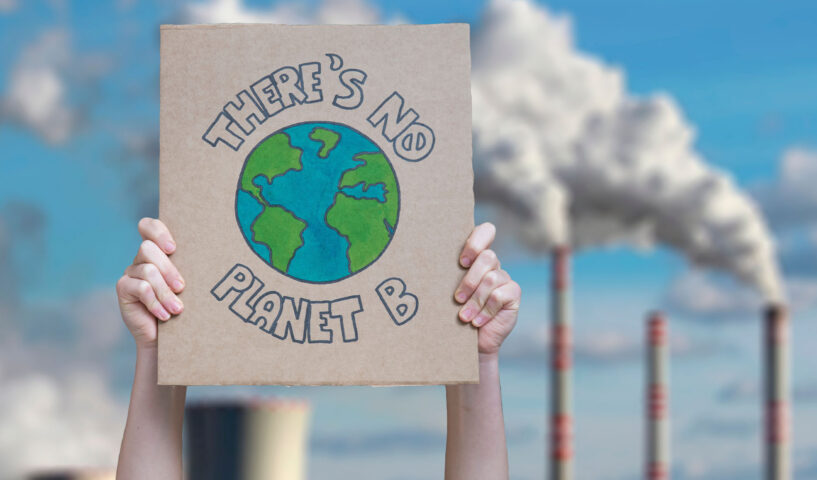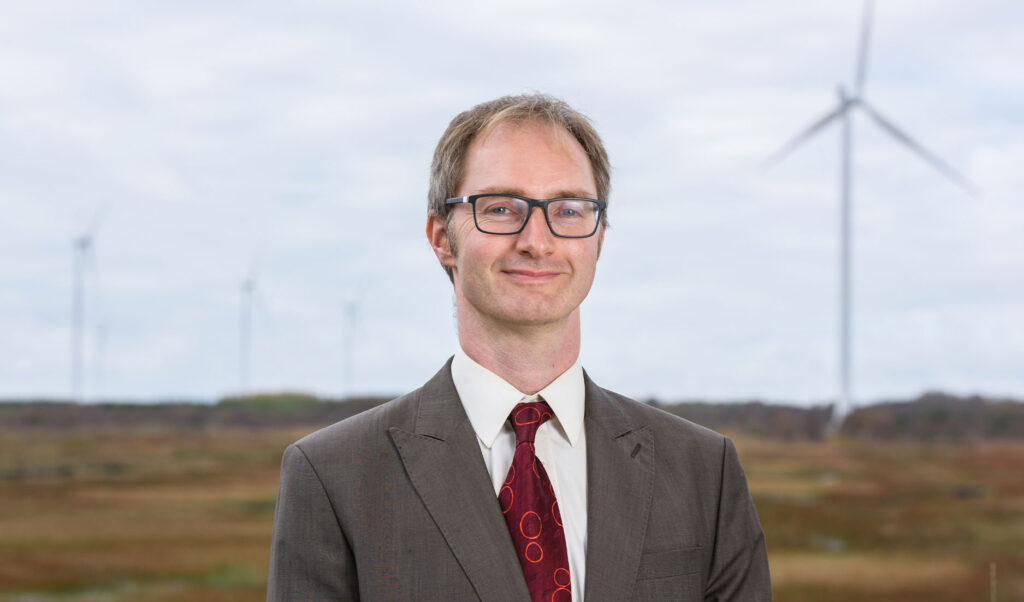
Scaling with purpose
13th October 2025
Energy storage is ready to deliver
13th October 2025Crunch time for the Government’s climate commitments

The next few months are a crucial test for the Government’s commitments in the Programme for Government to uphold the climate law and the limits on polluting emissions adopted under it, writes Oisín Coghlan.
The new Minister for Climate, Energy and the Environment, Darragh O’Brien TD, has made much of the fact that the next Climate Action Plan will be the first one he is overseeing from start to finish. And it will come as the Government heads into the second Carbon Budget period from 2026 to 2030, for which the Oireachtas set a legally binding limit on total pollution of 200 MtCO2eq back in 2022. Over the last few months analysis from the EPA and the Climate Change Advisory Council has underlined the yawning emissions gaps the Minister’s new plan has to close.
Firstly, there is the “adequacy gap” between the overall Carbon Budget and the total of the allocations to the sectors that comprise it, such as transport, electricity, agriculture and buildings. The combined total of the sectoral ceilings is 26 million tonnes higher than the overall budget, that is more than a 10 per cent overshoot, euphemistically called “unallocated savings”. It is as if the combined spending plans for all Government Departments were 10 per cent higher than the overall Budget announced by the finance ministers. Finance Minister Paschal Donohoe TD and DPER Minister Jack Chambers TD would not stand for that, and Minister O’Brien cannot afford to let the line ministers walk all over him either.
Secondly, there is a policy gap. The latest EPA analysis found that if all the policies and measures outlined in the current Climate Action Plan were fully implemented, emissions would fall by 23 per cent by 2030, compared to the 51 per cent benchmark in the climate law that determined the Carbon Budget. But thirdly then there is an implementation gap: the EPA finds that existing policies will only deliver 9 per cent reductions.
“The ‘big five’ that would achieve 90 per cent of the carbon reductions needed… They can be summarised as: Wind, solar, grid; cutting car dependency; electrifying transport; retrofitting through heat pumps and district heating; and decarbonising industry.”
Thankfully, it is clear what the Government needs to do. The SEAI and UCC have laid out the ‘big five’ that would achieve 90 per cent of the carbon reductions needed. They can be summarised as: Wind, solar, grid; cutting car dependency; electrifying transport; retrofitting through heat pumps and district heating; and decarbonising industry.
The question is, will Minister O’Brien and the Government have the clarity and the conviction to deliver these policies? That means driving transformative change in the face of system inertia and the vocal opposition of some vested interests.
The signs are not encouraging. There is too much chatter about alternative policies that seem more amenable to incumbents and the fossil fuel industry, such as HVO, hydrogen and biogas. There is what looks like capitulation to big tech with the Taoiseach discarding his climate reputation to court data centres. They already consume 22 per cent of our total electricity and just one of the proposed new data centres would use 10 per cent of electricity’s share of the carbon budget. It is a literal power grab.
We await the CRU’s final policy decision on electricity grid connections and their forthcoming proposals on gas grid connections. If the Government is serious about its commitment to “decisive action to radically reduce our reliance on imported expensive fossil fuels” then GNI should be mandated to plan for the phase down of the gas network not to power up data centres with fossil gas stations.
Meantime, Minister O’Brien needs to give himself a good talking to. Apart from deciding to procure a state gas reserve he told An Coimisiún Pleanála that the probation on commercial LNG terminals had been lifted despite telling a meeting of environmental NGOs that he thought importing LNG to increase gas use would be “against the climate law”. And he should have a word with the Minister for Transport too, who recently announced plans to end the passenger cap in Dublin Airport while stalling the Moving Together strategy to tackle traffic congestion on the ground. That minister is also Darragh O’Brien.
As we approach the 10th anniversary of the Paris Agreement and Ireland’s first climate law in December 2025 Minister O’Brien must decide if he is serious about our climate commitments or face judgement in the court of public opinion and, most likely, the court of law.
Oisín Coghlan is a policy advisor to the Environmental Pillar of social dialogue.

